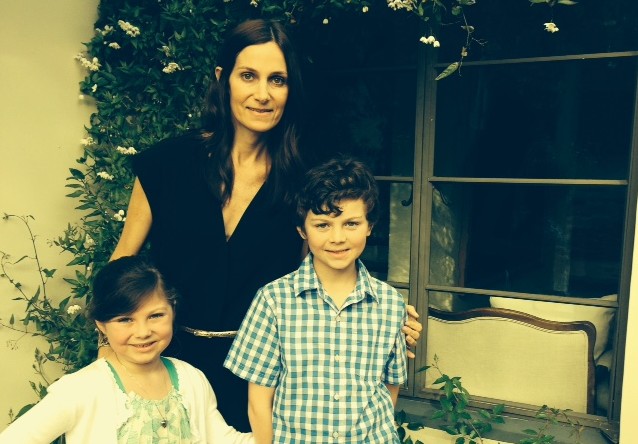Chances are if you ask a friend for job search advice, you’ll likely get tips on time management, more effective networking and ways to better sell yourself to potential employers.
Another route? Closing your eyes and breathing.
Indeed, in addition to improving high blood pressure, and treating insomnia, depression and pain, meditation, a practice that focuses on interactions between the mind, body, brain and behavior, can improve everything from focus to creativity, while reducing stress.
“The word ‘meditation’ is like the word ‘exercise,’” says Arden Pennell, a Senior Facilitator at the Energy Project. “There are so many different ways to do it. Just as we would work out different muscles in our bodies, we can cultivate different qualities in our brains and nervous systems through meditation. That said, studies overwhelmingly show that the most commonly taught forms of meditation, such as mindfulness of breathing and breath-counting, improve focus and diminish rumination, or the mind’s tendency to distractedly cycle around negative thinking.”
A Natural Stress Reliever
Numerous studies have found that meditation acts as a way to calm nerves and ease anxiety and stress. Researchers at the Wellness Institute at Cleveland Clinic, recently enrolled employees at a busy call center in an eight-week program in which they meditated four times a week. They reported feeling more energy and less stress and anxiety. Those that participated for a full year saw their stress levels drop 31 percent.
“Meditation helps with stress in many ways,” says Jessica Snow, an LA-based guided meditation teacher. “The simplest way to describe it is this: Stress is a natural part of life, but what is not natural is never giving yourself the opportunity to rest and release stress. So you are just piling stress on top of stress. Any time you treat yourself to meditation consciousness, you give your body, your mind, your heart a chance to relax and rejuvenate.”
Try This: Many people just set a timer for 10 or 15 minutes everyday and just breathe and see what happens, says Snow. In my experience, this is a difficult way to start. Guided meditation using headphones is by far the best way to begin. It’s like being a kid and having an adult driving the car. You are still looking out the window, you are still having your own unique experience, but someone else is keeping the car on the road.
Improved Focus And Creativity
Research also shows that mindful-breathing meditation quiets certain parts of the brain and allows others, including those associated with insight and creativity, to be more active.
When it comes to the job search, this is especially key, allowing the practitioner to “pulse between two critical components of career transition: the big-picture thinking about your future, and the focused, tactical execution of the job search,” says Pennell.
Try This: Start the day with five minutes of breathing, eyes closed, says Pennell. Allow your attention to follow the physical sensations of breathing, wherever they are most prominent, such the face, chest, or stomach. Count your breaths if your mind feels unfocused, going up to five at the end of each breath, then starting over from one. If you get distracted, that’s normal; just gently bring your attention back to breathing.
Then, after about five minutes (set a timer in advance if you like), take a deep breath and ask yourself: “Where do I want to be in a year?” Let images and associations come to you without trying to filter and judge them. Take another minute to breathe, then ask yourself: “What is the most important thing I could do today?” Allow the answer to come, then grab a pen and make a short, strategic plan for the day. Now you’re ready to shift into the tactical mode of tackling tasks like email and Internet research. Set a timer and take a five-minute break to breathe and stretch once an hour.
Increased Productivity
While meditation won’t act as a stimulant to write your networking emails for you or drag you from surfing the Web to research firms in your industry, it can help improve focus and diminish rumination, or the mind’s tendency to distractedly cycle around negative thinking, says Pennell, which in turn allows you to tackle your to-do list and focus on your goals.
Try This: We only need to spend a short amount of time each day –in some studies, as few as 15 minutes–to reap wonderful benefit, says Pennell. From an energy perspective, here at The Energy Project we would also encourage would-be meditators to be thinking not just about their mental energy, but overall energy management to make sure they are optimally productive. For example, making sure to get enough sleep and exercise, and to regularly fuel oneself with positive emotions such as gratitude and appreciation, will help ensure that the entire body and mind are well-prepared to reap the benefits of meditation.





